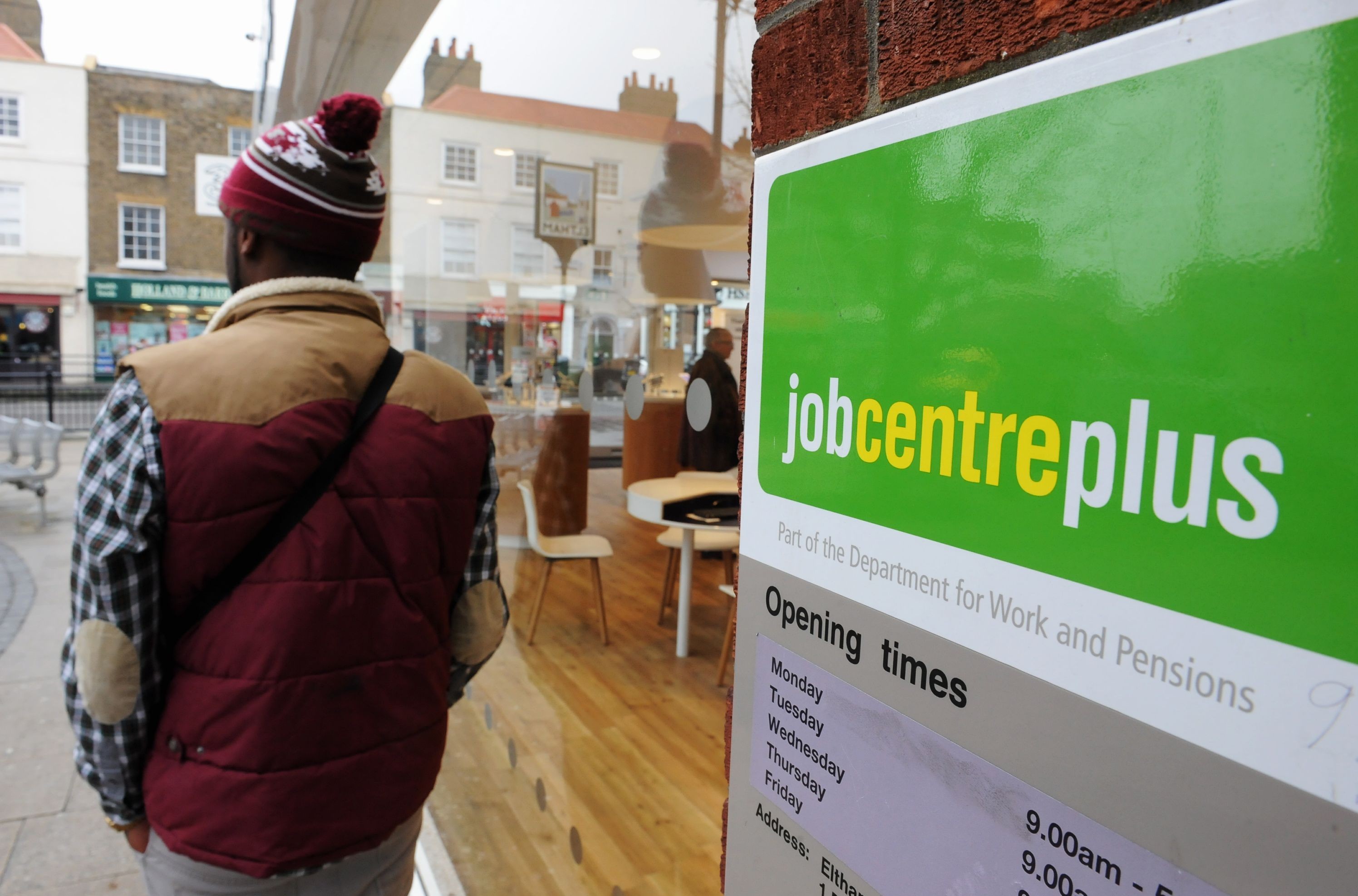The UK job market is unforgiving for the majority, but even more so to recently released prisoners.
Some jobs are unattainable post-prison such as government and educational roles, however industries such as retail and hospitality still remain hesitant to hire ex-offenders.
This is why some head down a freelance route. Jay Francois, the host of Pen Game Rap Battle, which was released on BBC iPlayer this November said: “Difficult isn’t the word. Ever since the law changed and they do the extensive checks, it’s just not happening.”
Francois was released in August 2022 after 11 years behind bars, in 15 different jails from Categories A to D.
He explained that construction courses were the only ones available to help find work post-incarceration. Instead, he went freelance and found great success.
The Rehabilitation of Offenders act is set up to help people move on from minor offences, however some offences are never completely ‘spent’ despite time served.
Compared to the US, Britain does not have anything in place to encourage employers to take on ex-offenders. Some states in the US offer tax breaks and other financial incentives to businesses.
UK universities also do not allow ex-convicts to enrol, which can leave ex-offenders with few options.
The number of prisoners completing rehabilitation programmes in UK prisons dropped by 74% in 2024, which goes hand-in-hand with the overcrowding crisis that has seen the early release of many convicts this year.
The job market is thin but becomes thinner for those with even more of these obstacles.

